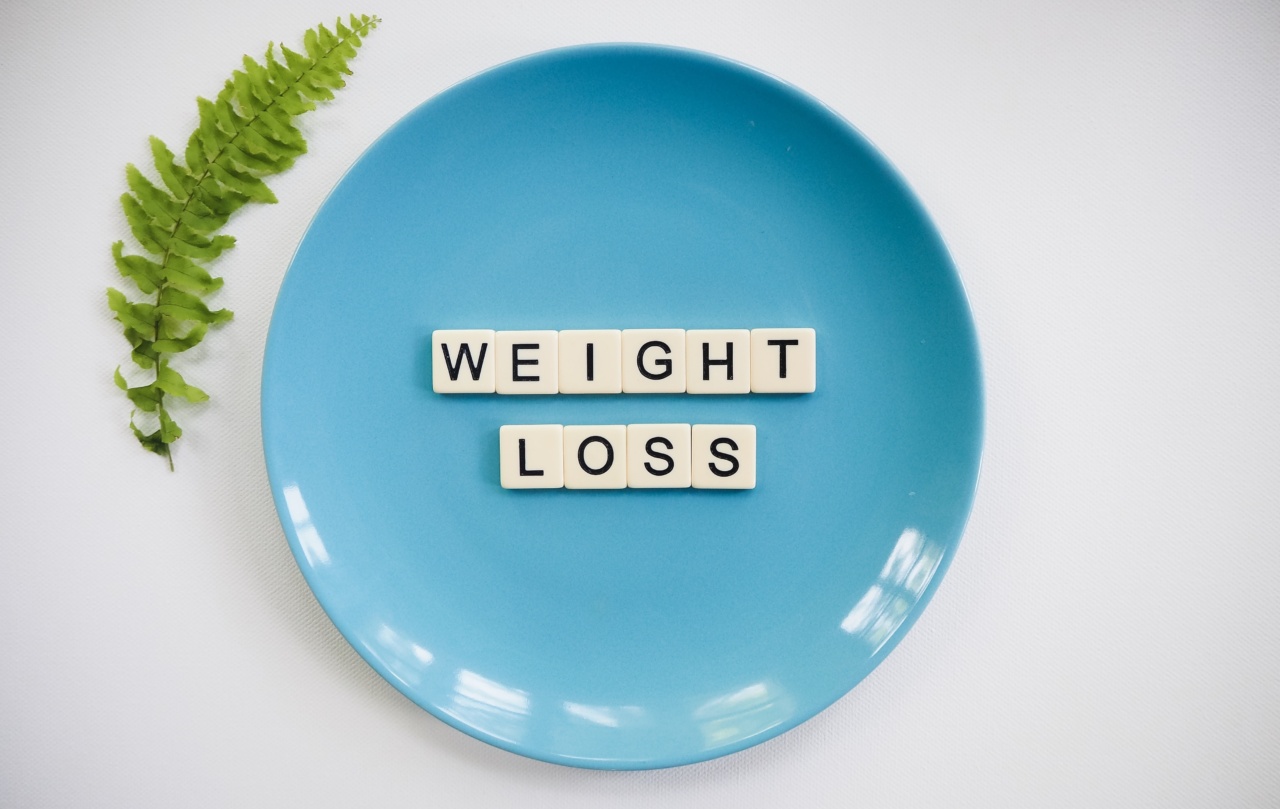When it comes to achieving your fitness goals, exercise alone is not enough. Your diet plays a crucial role in supporting your journey towards a healthier and fitter version of yourself.
Whether your aim is to lose weight, build muscle, or improve overall performance, fueling your body with the right nutrients is essential for success. This article will explore the importance of diet in achieving your fitness goals and provide insights into how you can make dietary changes to optimize your results.
Nutrition for Weight Loss
If your fitness goal is to shed those extra pounds and achieve a healthier weight, your diet is key. While exercise helps burn calories, creating a calorie deficit is crucial. This means consuming fewer calories than you burn.
However, it’s important to focus on quality rather than quantity when it comes to calorie intake.
Opt for nutrient-dense foods that are low in calories but high in vitamins, minerals, and other essential nutrients. Include plenty of fruits, vegetables, lean proteins, whole grains, and healthy fats in your diet.
These foods not only keep you satisfied but also provide the necessary energy for workouts and support overall health.
Avoid processed and sugary foods, as they are often high in calories but low in nutrients. They can lead to weight gain, increased cravings, and hinder your progress towards weight loss.
Additionally, be mindful of portion sizes and practice portion control to ensure you stay within your calorie limits.
Fueling Workouts and Building Muscle
If your fitness goals involve building muscle and increasing strength, optimizing your diet is crucial.
Your body needs an adequate amount of protein, carbohydrates, and healthy fats to recover from workouts, build lean muscle, and promote overall muscle growth.
Protein is particularly important for muscle recovery and growth. Include lean sources of protein in each meal, such as chicken, fish, tofu, beans, and Greek yogurt.
Carbohydrates are necessary for providing energy during workouts and replenishing glycogen stores. Opt for complex carbohydrates like whole grains, sweet potatoes, and legumes to sustain energy levels.
Healthy fats play a role in hormone production and overall health. Incorporate sources of omega-3 fatty acids, such as fatty fish, avocados, and nuts, in your diet.
These fats are also important for reducing inflammation, which can aid in muscle recovery.
Timing your meals and snacks around your workouts can further optimize your results. Consuming a combination of carbohydrates and protein within the first hour after a workout can enhance muscle recovery and promote muscle growth.
Improving Performance and Endurance
If your fitness goals revolve around improving athletic performance or endurance, your diet can significantly impact your results. The right balance of macronutrients and adequate hydration are crucial for optimizing your performance.
Carbohydrates are the primary source of energy for your body during exercise, especially endurance activities.
Ensuring an adequate intake of carbohydrates, such as whole grains, fruits, and vegetables, can help sustain energy levels and delay fatigue during workouts or competitions.
Protein also plays a role in performance and recovery. It aids in muscle repair and growth, supporting your overall athletic performance.
Aim for a diet that provides a sufficient amount of protein from sources such as lean meats, dairy products, and plant-based proteins.
In addition to macronutrients, proper hydration is vital for performance and overall health.
Whether you’re engaged in high-intensity workouts or endurance activities, staying adequately hydrated can help maintain optimal body temperature, support joint health, and prevent fatigue.
Maintaining Overall Health and Well-being
While specific fitness goals may differ for individuals, maintaining overall health and well-being should always be a top priority.
A balanced diet rich in a variety of nutrients is crucial for supporting your immune system, improving cognitive function, and preventing chronic diseases.
Including a wide range of fruits and vegetables in your diet ensures you consume essential vitamins, minerals, and antioxidants. These nutrients protect your body against oxidative stress, support cell function, and reduce the risk of various diseases.
Hydration, as mentioned earlier, is not just important for athletic performance but also for overall health. Water is necessary for digestion, nutrient absorption, circulation, and regulating body temperature.
Aim to drink at least 8 glasses of water per day and more during intense workouts or hot weather.
Making Dietary Changes
Changing your diet can feel overwhelming, but taking small steps can lead to long-lasting results. Here are some tips to help you make dietary changes that align with your fitness goals:.
- Set specific, achievable goals: Clearly define what you want to achieve and break it down into manageable steps. For example, instead of completely eliminating processed foods from your diet, start by reducing their consumption gradually.
- Plan and prep meals: Planning and preparing your meals in advance can help you make healthier choices throughout the week. This reduces the temptation to resort to convenience foods that may not align with your fitness goals.
- Seek professional guidance: Consider consulting a registered dietitian or nutritionist who can assess your specific needs and help create a personalized meal plan that supports your fitness goals.
- Be mindful of portion sizes: Even healthy foods can contribute to weight gain if consumed in excessive amounts. Pay attention to portion sizes and practice mindful eating to avoid overeating.
- Stay consistent and track your progress: Keeping a food diary or using a mobile app to track your meals and workouts can help you stay consistent and gain insights into your progress. It also allows you to identify any areas that may need improvement.
In Conclusion
To achieve your fitness goals, a balanced diet is just as important as regular exercise. Whether you’re aiming to lose weight, build muscle, improve performance, or maintain overall health, fueling your body with the right nutrients is essential.
By making dietary changes that align with your goals and considering professional guidance when needed, you can optimize your results and embark on a journey towards a healthier, fitter, and more fulfilling lifestyle.



























